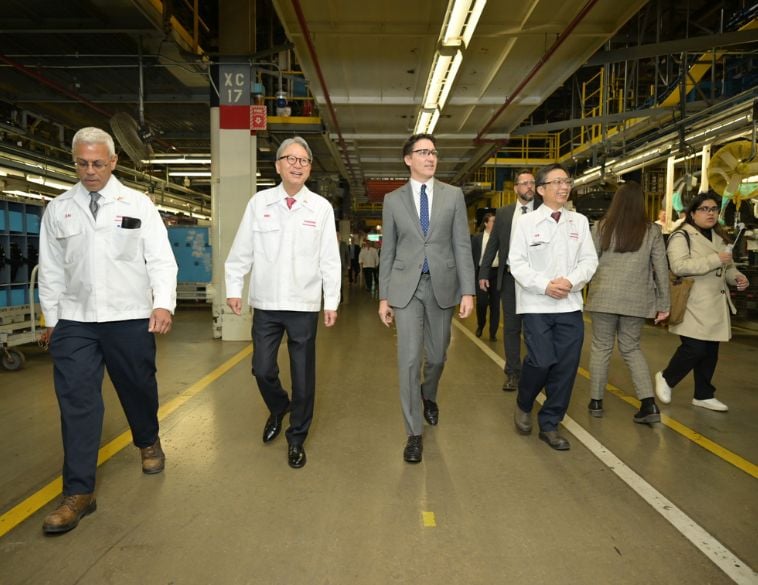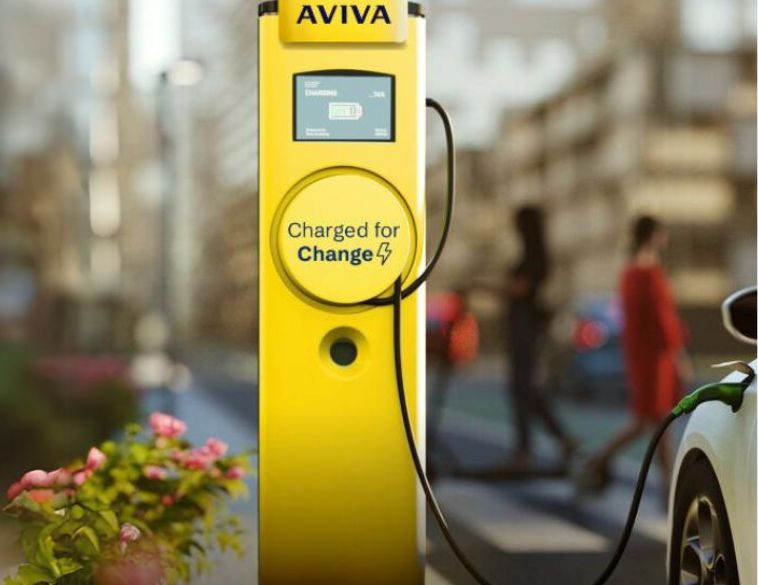Who doesn’t enjoy top-down touring on a warm and sunny day?
The allure of a sports car, driving top down along a tree-lined country road on a hot summer day, is something we can all relate to. For most of us, it may by a far off dream, given everyday life and the cost of living it. After all, a shiny new sports car can be a very pricey proposition.
Let’s face it, buying a sports car is not a very practical decision, living here in Canada. Road conditions in winter are not very kind to the format of a sports car. Trucking around your family to hockey games, or gathering groceries, or any other number of everyday errands, does not make much sense in a two seater with 500 horsepower with low profile tires and rims.
Second-hand dreams
All that said, a sports car does not have to be completely out of reach for us all. Perhaps your budget will not allow you to purchase the latest, brand new roadster. However, it might be feasible for you to afford that dream car as a used model. It is easy to suggest that buying a sports car is an irrational decision, but if you must, we can help guide you through the process with some sound analytics to help.
We all know that cars depreciate in value, especially in a dramatic fashion in the first few years—some more than others. Sports cars are certainly not hidden away from this phenomenon. It is very important to consider depreciation when purchasing any vehicle, yet perhaps even more so with a secondary car that is more expensive and slightly impractical.
This is what depreciation looks like in the Sporty Car Segment, year 0 being the purchase time.

As you can see, after just one year, a brand new sports car will lose almost 30% of its value, on average. That is substantial, to say the least. In just four short years these vehicles will have lost a full 50% of original MSRP. There may be some good deals to find on that dream car that is two to five years old, where the original owner ate the majority of depreciation.
Once these vehicles are nine years and older, depreciation slows down to single digits year over year, meaning if you find the right model you want in this vintage, you stand to lose a lot less money to depreciation. There are many variables in depreciation, so if the owner hardly drives that sleek machine the above values will vary considerably.
The best advice we can give is to seek out sports car models that depreciate slowly. Models that lose value more gradually today will likely do so in the future. Canadian Black Book Best Retained Value Awards, awarded every year in February, are a great resource to help illustrate the models that do best for holding value.
Here are the top three models, in two sports car segments, from the 2019 Best Retained Value Awards. The percentage shown represents the amount of original MSRP after four years. These would all likely be good choices.
Premium Sporty Car
- 2015 Chevrolet Corvette 75%
- 2015 Alfa Romeo 4C 74%
- 2015 Porsche 911 71%
Sporty Car
- 2015 Ford Mustang 64%
- 2015 Dodge Challenger 63%
- 2015 Audi TT 62%
Premium Sporty cars are higher-end vehicles that are less likely to be a daily driver and are more expensive out of the showroom. The Sporty Car category is occupied by those less expensive sports cars that are more likely to be a daily driver, yet still have the power and sexy look drivers desire.
Historically speaking Premium Sporty Cars have done very well. Today, they are now retaining 45% more of their value than they did just 10 years ago. This is primarily due to a tight supply and the generally strong economy.
If “used” is the chosen route to that dream car, it would be advisable to check out the many well developed CPO programs available. Many offer a comprehensive warranty that can de-risk your ‘impractical’ purchase. Porsche is one such OEM that offers a comprehensive CPO warranty program.
Also be sure to check to ensure there are no outstanding recalls on your particular car. The previous owner(s) may not have dealt with those. Safety and reliability should not be left to chance.
Once you have that flashy new ride in the driveway, it is a good idea to regulate how often you drive it. The more you can keep those KMs down, the more this will help your future depreciation hit. From a value retention perspective, we would suggest that you think twice before “modding” your car. Mods can significantly hurt your sports car’s value. If you do modify it please keep the original parts. Keep maintenance records even if the owner before you did not. That way you can prove you were taking good care of it.
Let’s remember, a used sports car is still a sports car. There are so many great models to choose from, so many great years, styles and options. Just do your homework and if you are like most of us, and money matters, choose wisely with depreciation firmly in your decision making equation. Then, get out there, get that top down and hit that tree-lined country road.



